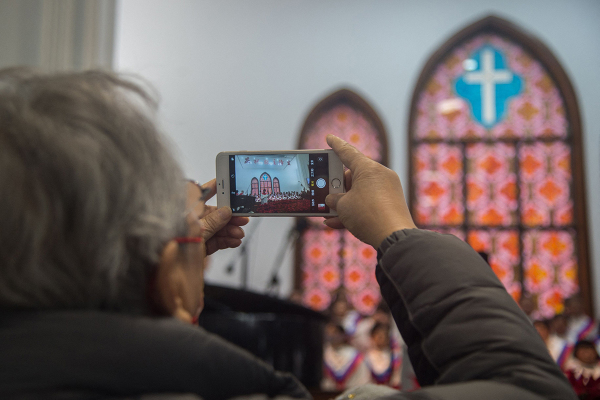Mark Zuckerberg Takes Trip to Challenge Communism in Vietnam?
Mark Zuckerberg’s vacation to Vietnam with girlfriend, Priscilla Chan, has raised questions about whether the founder of Facebook has new plans to negotiate terms on the countries web restrictions.
Zuckerberg and his group of nine others were witnessed at many tourist sites including Ha Long Bay, which was designated as a “Renowned National Landscape Monument” by the Vietnam Ministry of Culture, Sport and Tourism in 1962.
However, despite the seemingly relaxed vacation, some are still curious about Zuckerberg’s possible alternative agenda. Communist countries such as Vietnam and China have long blocked sites like Facebook, Twitter, Flickr, and Foursquare, in fear that it will interfere with communist ideals.
Protesters have utilized Facebook before to unite and accelerate social protests. In January, protesters used Twitter, TwitPic, Facebook and YouTube to organize the “Arab Spring” in Tunsia and Egypt, demonstrations which led to governments being overthrown in three different countries.
The Algerian ministry also became concerned after Facebook was being used to organize a nationwide protest against President Abdul Aziz Boutefliqa and army generals that were viewed to be running the country.
The timing of Zuckerberg’s vacation also seems coincidental because last year at the same time, Zuckerberg and Chan paid a visit to China to meet with Robin Li, the chief executive officer of the popular Chinese social network, Baidu.
While no confirmation has been made about whether Zuckerberg is meeting with any Vietnamese officials, he did meet with web entrepreneur Nguyen Trong Khoa, who CBS News referred to as the "tycoon of domain names" in Vietnam.
Vietnam’s current web restrictions require that all internet providers must register with the government and agree to official inspection. Bloggers are also banned from writing views that oppose the state or undermine national security.
In 2009, 12 U.S. lawmakers advised Internet giants Google, Microsoft and Yahoo to resist increasing web restrictions in Vietnam.
"We strongly urge you to advocate for the freedoms of speech and expression for the citizens of Vietnam by continuing to provide your technologies to the people of Vietnam in a manner that respects their rights and privacy," they wrote in a letter to the company executives.





















